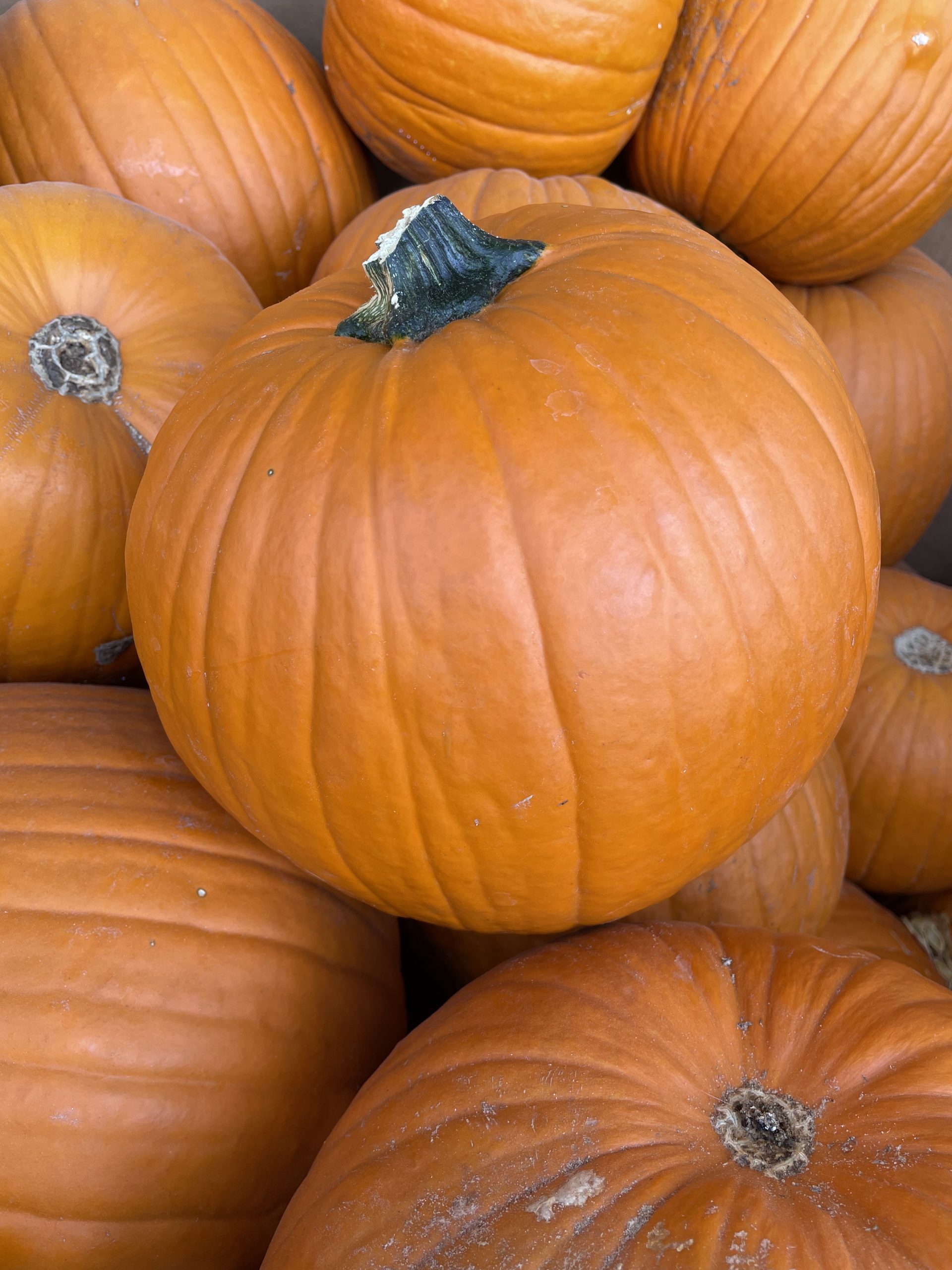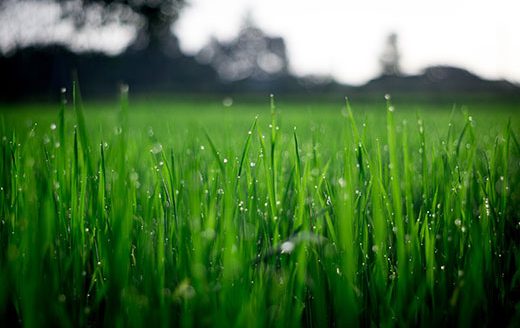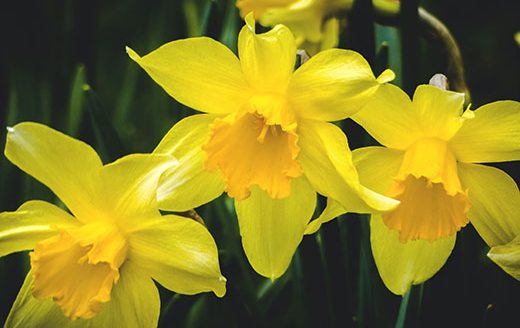After clearing lawn, use clippings for compost, says K-State horticulture expert
Beautiful fall leaves have begun to cover lawns and will continue to fall throughout November. Kansas State University horticulture expert Ward Upham said it’s important to remove leaves from home lawns.
“Although a scattering of leaves won’t harm the lawn, excessive cover prevents sunlight from reaching turfgrass plants,” Upham said. “Turf left in this state for an extended period will be unable to make the carbohydrates needed to carry it through the winter.”
There are a few different options for handling fallen leaves Upham said, listing a few options: composting, direct incorporation into gardens, and mulching.
Incorporating leaves directly into gardens is an easy method of making good use of leaves. To do so:
- Use a lawn mower to chop and collect leaves into a bagging attachment.
- Transport leaves to the garden or flower bed and apply a 2 to 3 inch layer.
- Till the leaves into the soil after spreading.
- Repeat the process every two weeks until the weather is too cold or soil is too wet.
Another easy and effective option is mulching by mowing the leaves with a mulching mower and letting the shredded leaves filter into the turf canopy.
“Mulching will be the most effective if done often enough that leaf litter doesn’t become thick,” Upham said.
Roasting pumpkin seeds
Pumpkins are the perfect fall decoration and could be put to even more use this season by roasting their seeds for a delicious snack.
“Consider roasting seeds before freezing temperatures destroy the pumpkin fruit,” Upham said, adding some ideas on how to roast the seeds at home:
- Cut open the pumpkin and remove the seeds and stringy material.
- Wash seeds and toss with oil before roasting.
- After seasoning, spread the seeds on a cookie sheet and roast for about 25 minutes at 325 degrees Fahrenheit.
- Roast time can vary depending on seed size and moisture content.
- Seeds are done when they turn golden brown.
“Flavor can be enhanced by adding a sprinkling of salt to the oiled seeds,” Upham said.




